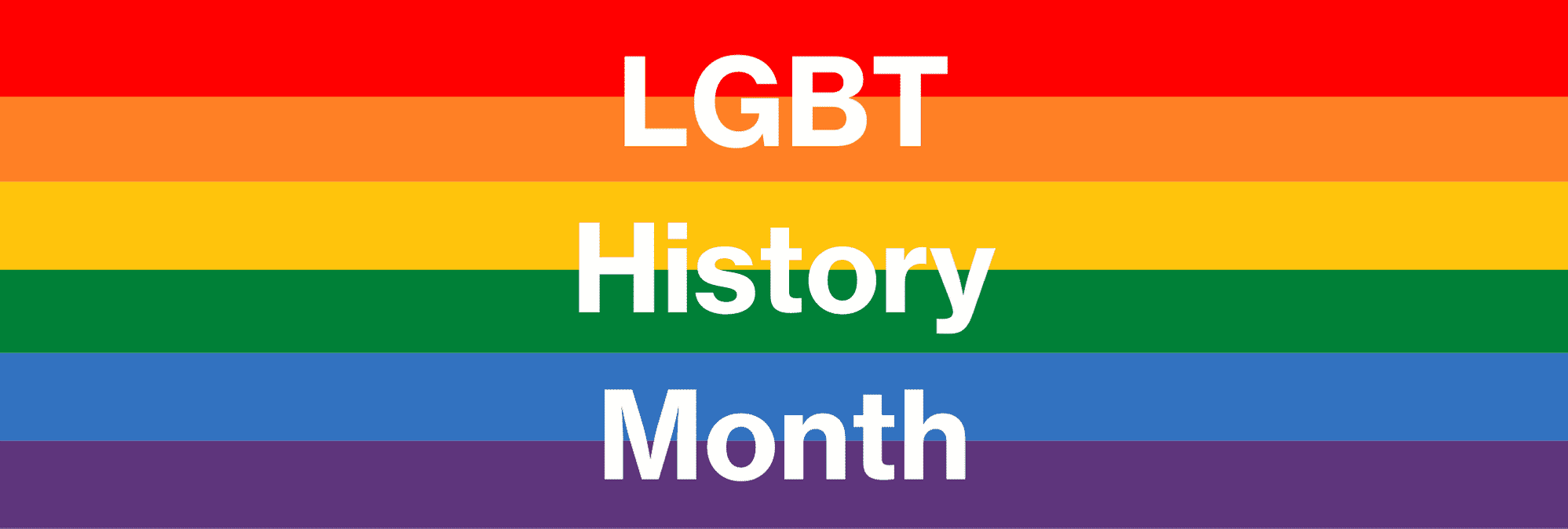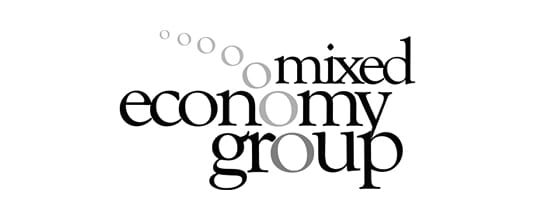LGBT History Month is the annual celebration of the LGBTQ+ community that aims to provide education and insight into the issues that the LGBTQ+ community faces in their lives.
The aim of LGBT History Month is to primarily teach people about the history of the gay rights movement and to promote an inclusive modern society. The month highlights and celebrates the progress that the world has made in regards to LGBTQ+ inclusion but also sheds light on the steps that we still need to take.
If you are part of the LGBTQ+ community or would like to take some steps in learning how to become a more active ally, then look no further! Not only is this month a time for celebration but it is also time to reflect and look forward to how we can change the world around us for the better. Here at College we want everyone to feel included and supported. Here are some ideas of how you can use LGBT History Month to look after yourself and further your education in this important month.
How to look after your wellbeing as an LGBTQ+ member
Ask for help. Whether it be from LGBTQ+ organisations or just your family and friends, be sure to ask for help from those around you when you need it. Struggling alone with your feelings will not help your overall mental wellbeing and can often isolate you from your loved ones. Seeking advice and help from those who care can really help you. Websites such as https://lgbt.foundation/ and https://www.stonewall.org.uk/ will be useful for any specific questions regarding LGBTQ+.
Stay connected to others. Stay in touch with people that you value and who value you. Schedule online calls with your friends or go for a socially distanced walk, following the latest Covid-19 Government guidelines, and stay connected. Depth of connection is important, be sure to open up to your loved ones and allow them the safe space to do the same.
Embrace your identity. Know that you’re not alone and celebrate the progress that has already been made towards equal rights for those in the LGBTQ+ community and be proud of who you are! As Ru Paul once said: “If you can’t love yourself, how you gonna love somebody else?” Be sure to love yourself for who you are, you should always be your number one priority and you deserve to embrace yourself and your identity!
Be active. Exercise releases those feel-good chemicals into the brain and helps you to stay positive. If you are able, go outside, or even do some indoor exercise, anything to get your heart pumping and legs moving!
Practice mindfulness. Unlock your inner Zen by practising breathing and meditation techniques. If this is a new venture for you, check out some useful apps such as Head Space and Calm! YouTube is jam-packed with useful videos on how to practice mindfulness too, go and have a look around, and find what works best for you.
Educate yourself. How much do you know about your community’s history? Check out the LRC’s online resources for some useful books to further your education or even watch some documentaries and films. Paris is Burning is an incredibly eye-opening and emotional film that is definitely worth a watch! Why not have a virtual movie night with your fellow LGBTQ+ community members and discuss the film after? You might gain some new perspectives!
Get creative. Whether it’s drawing, painting, baking, writing, or even knitting, creativity can help focus the mind and reduce anxiety. You don’t have to be good at your chosen craft but getting creative helps you take your mind off your worries and allows you the time to relax and unwind.
Write a journal. Writing down your thoughts can help you to process what you might be feeling and allow you to get it off your chest. You don’t have to show anyone your journal or even look at it after you’ve finished writing but giving yourself the time to process your feelings allows you to understand why they’re happening.
Top tips for being an ally to the LGBTQ+ community
Familiarise yourself with the terminology. It can be difficult knowing if you’re saying the right thing or offending someone without realising. Stonewall have put together an incredibly useful glossary of terms that are common within the LGBTQ+ community. Check them out to educate yourself further: https://www.stonewall.org.uk/help-advice/faqs-and-glossary/glossary-terms
Avoid making assumptions. Gender binary is not what it was, just because someone may look a certain way does not mean that their identity is the same. Avoid making assumptions about people’s gender and/or sexual orientation. Instead use gender-neutral language and listen to what words people use to describe themselves. If you’re not sure about someone’s pronoun, just respectfully ask. If you ever get it wrong: apologise, correct yourself, and move on with the conversation.
Remember that not all LGBTQ+ people are the same. Avoid stereotypes. You can’t tell what someone is like just from their sexuality and/or gender identity, just as you can’t tell if someone is LGBTQ+ just by looking at them. LGBTQ+ people are as varied as anyone else and have more to their identity than just being LGBTQ+!
Expand your education. Educating yourself on LGBTQ+ issues can help you understand the kind of discrimination and issues they can face in their lives. Check out Stonewall’s website on how you can be a more active ally and help fight against LGBTQ+ discrimination https://www.stonewall.org.uk/our-work/campaigns/come-out-lgbt
We hope you find these tips useful! Remember to be kind to yourself during these unprecedented times and we are always on hand to support our students. Just head to our MyDay and Moodle pages for contact information for our Health and Wellbeing and Safeguarding teams. Our College staff are here to make your further education experience the best it can be, so don’t suffer in silence and don’t be so hard on yourself!
We’ll see you again soon for our next blog!







